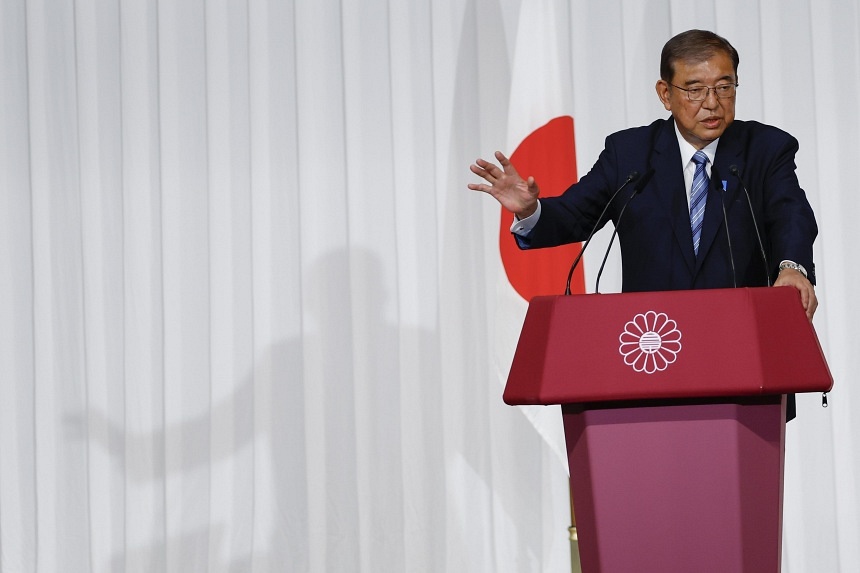SEOUL – The Seoul Metropolitan Government introduced a set of measures on Oct 28 – including increasing the staff at its 24-hour call centre for people struggling with suicidal impulses – to reduce the current suicide rate by 50 per cent by 2030.
It aims to shift its current suicide prevention policy, which currently solely focuses on high-risk groups, to addressing the broader public.
“We want to shift the focus of our policy to a more comprehensive approach that empowers our citizens to take care of their mental health in their daily lives, while also reducing feelings of loneliness and isolation and minimising the risk of suicide in return,” said Ms Kim Tae-hee, head of the city government’s Citizens’ Health Bureau during Oct 28’s press briefing.
“The plan is to implement a proactive, robust approach to prevent suicidal thoughts from ever occurring.”
According to the city government, in 2023, Seoul recorded its highest suicide rate since 2015 – 23.2 per 100,000 residents.
“Recent findings show that one in two Seoul residents consider themselves psychologically troubled, while the proportion of people who have experienced feelings of depression also rose by 1.9 percentage points to 8.5 per cent over the last five years,” Ms Kim said.
The city government added that Seoul’s suicide rate was also 1.8 times higher than Korea’s as a whole when age standardisation according to the Organisation for Economic Cooperation and Development was applied.
Under the newly proposed plans, the city government plans to increase the number of personnel at its 24-hour call centre, called the Maumeium Counselling Telephone, to help individuals struggling with suicidal impulses.
According to Ms Kim, there are currently 12 employed at the call centre, and the city government aims to increase these numbers to 30 by 2026.
Besides the call centre, the city government also proposed to add another counselling channel through KakaoTalk, text messaging and a chatbot system run by the city government.
The city government will also provide subsidies for those who wish to receive professional psychological counselling services privately, with a subsidy of up to 80,000 won (S$76) per session over an eight-week period.
Starting with 20,000 people in 2024, the city government aims to increase these numbers every year, to subsidise a total of 100,000 people by 2027.
By 2026, the city government also aims to establish city government-run counselling centres in all of the 27 districts in Seoul, though such counselling services will not be available in English.
At such district-run counselling centres, mental health specialists and psychologists will provide initial mental health consultations and refer individuals to private psychological institutions if deemed necessary.
The city government added that it will also launch a “community-based” programme that assigns community leaders, neighbourhood doctors and store owners proactively to identify individuals at high risk of suicide and refer them to counselling services for assistance.
The programme will mostly be focused on parts of the city with a high suicide rate, as well as those concentrated with single-person households and areas with a high rate of alcoholism.
An overseeing committee for suicide prevention policies will also be introduced, called the Seoul City Suicide Prevention Committee. According to Ms Kim, the committee will work to “more closely analyse suicide-related statistics and conduct psychological autopsy for suicides”.
The committee will also work to develop a suicide prevention manual to be distributed to the city government to identify suicidal individuals. THE KOREA HERALD/ASIA NEWS NETWORK

 By The Straits Times | Created at 2024-10-29 22:23:00 | Updated at 2024-10-30 07:27:30
1 day ago
By The Straits Times | Created at 2024-10-29 22:23:00 | Updated at 2024-10-30 07:27:30
1 day ago



